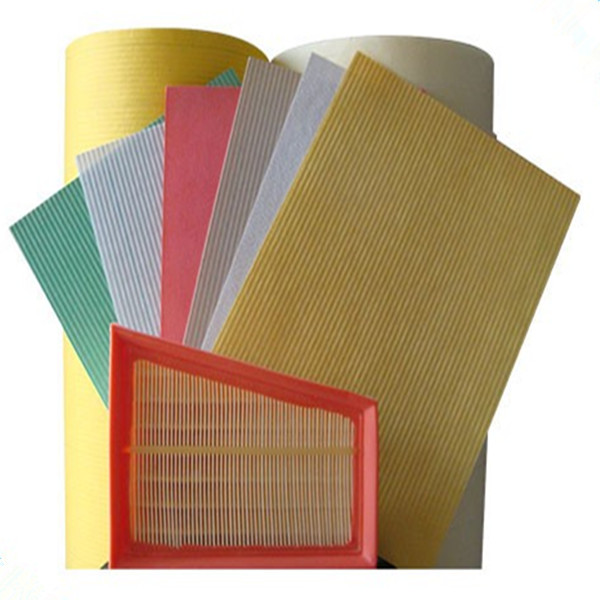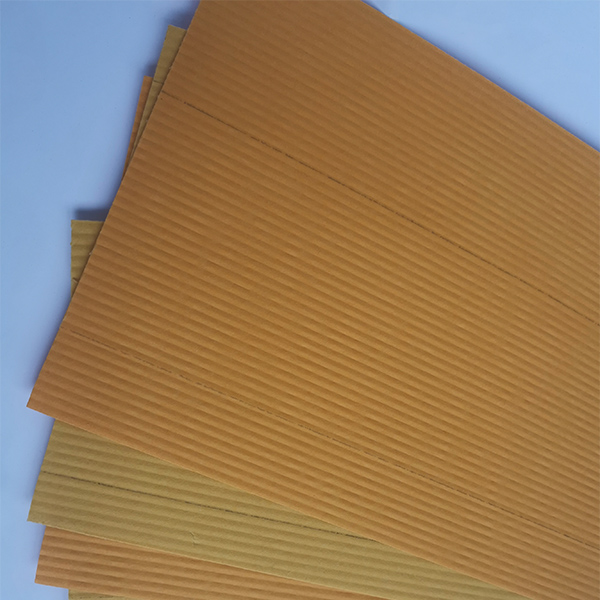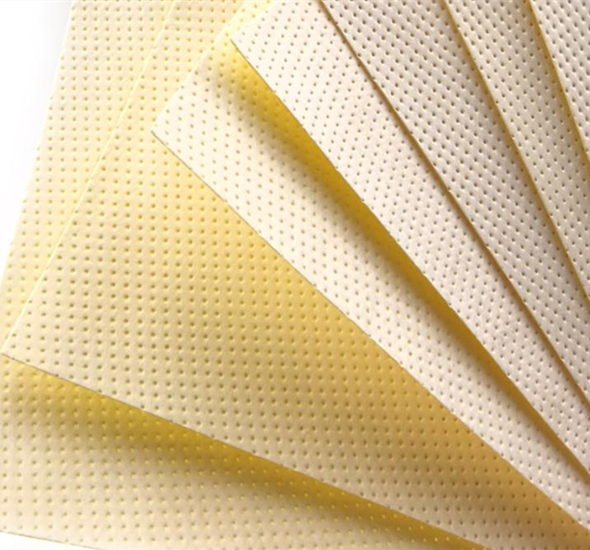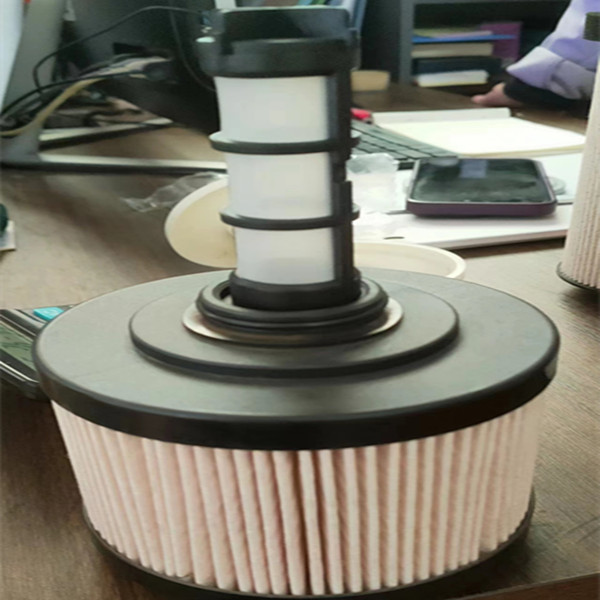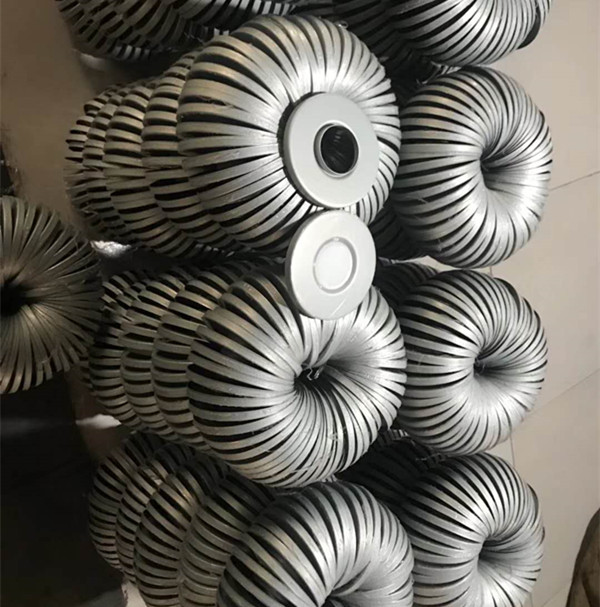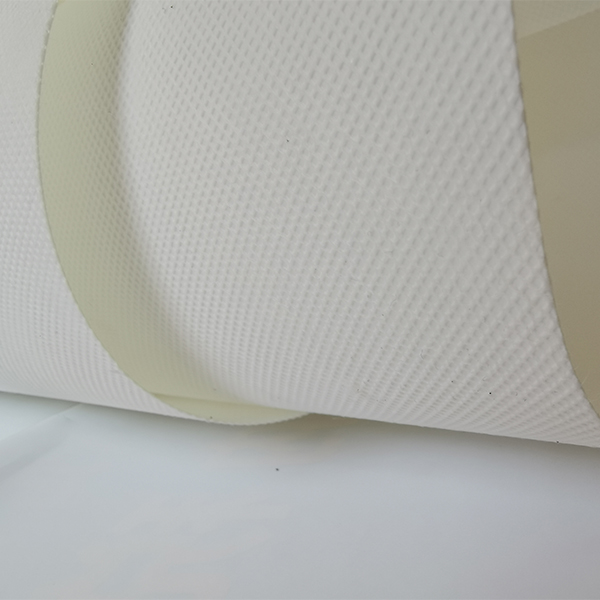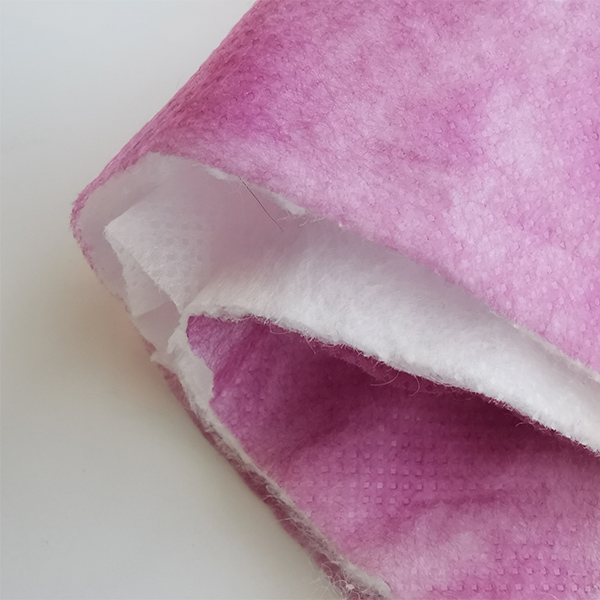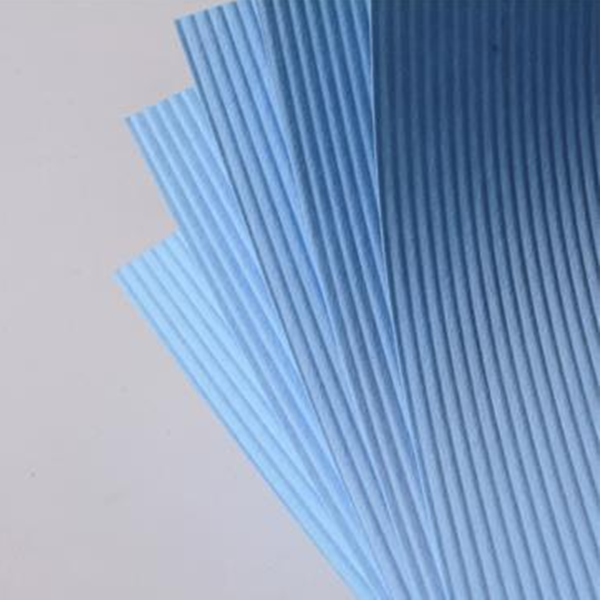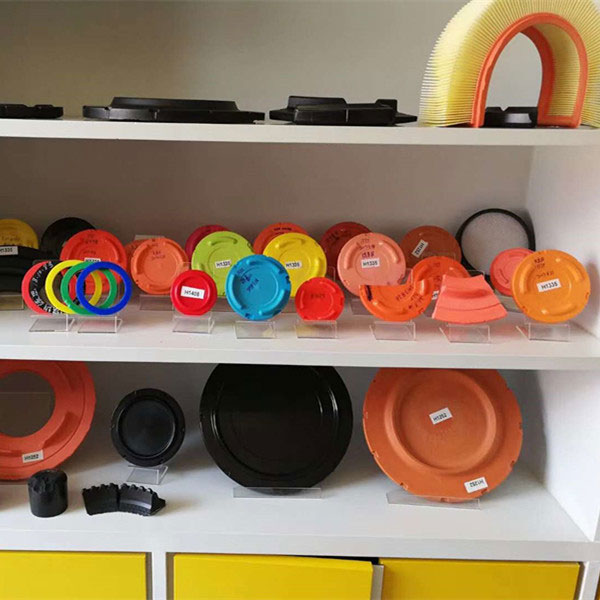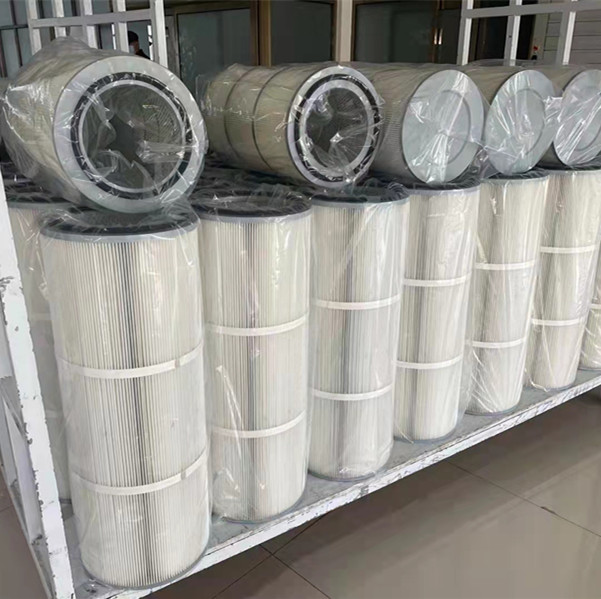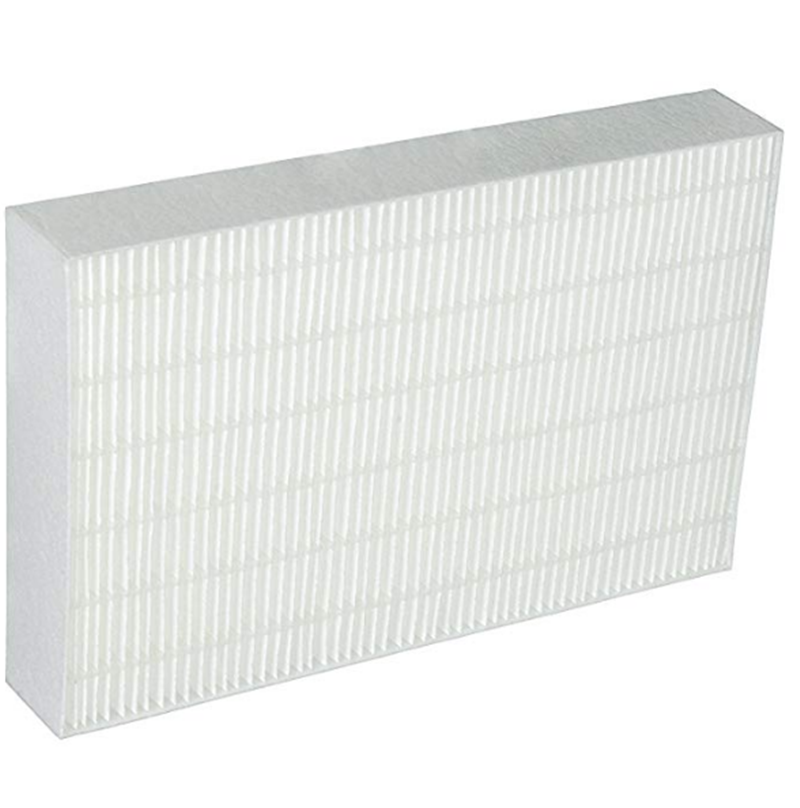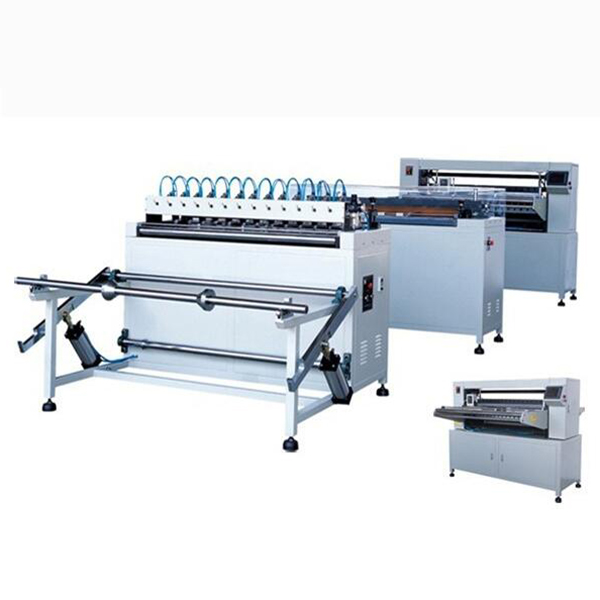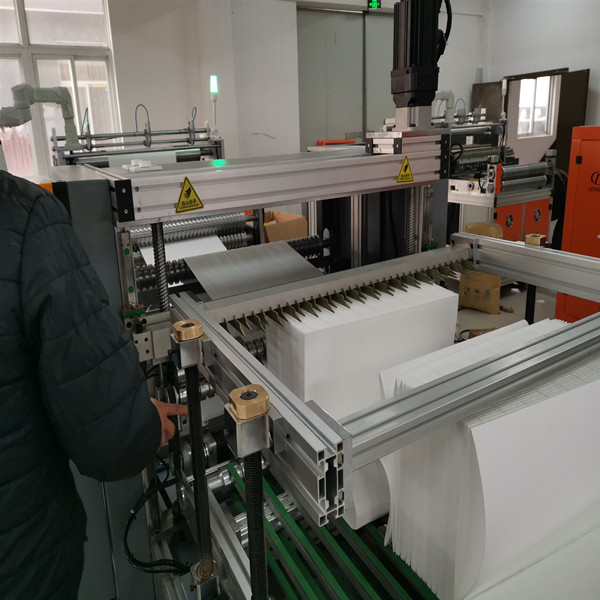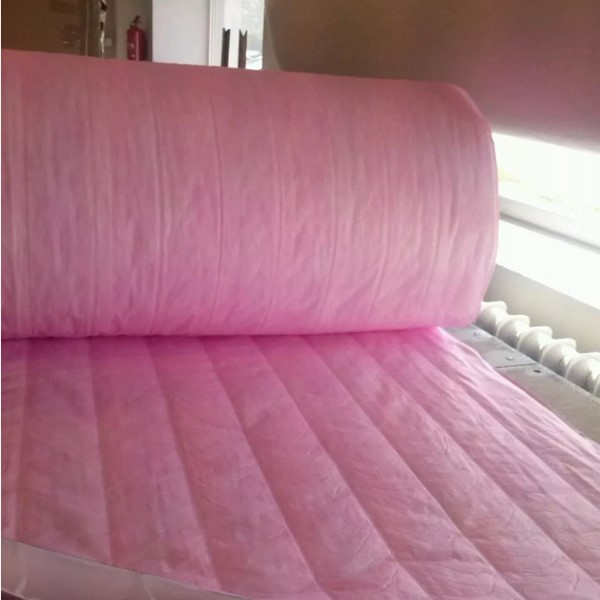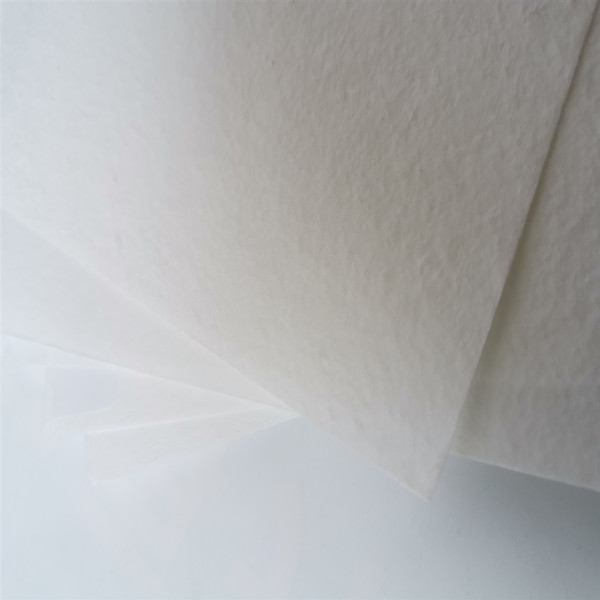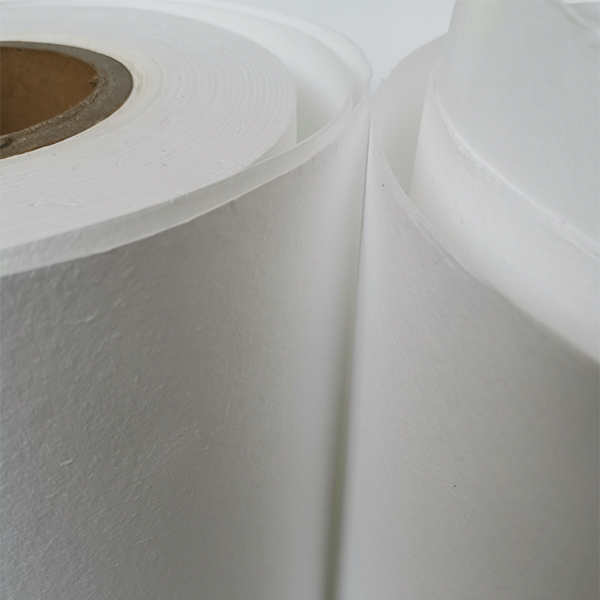Decoding Metal Mesh Furnace Filters: What They Are and Why They Matter Worldwide
Here’s a simple truth: clean air and efficient industrial operations increasingly rely on good filtration — and metal mesh furnace filters are front and center in this story. These filters, made from finely woven metal strands, serve a critical role in capturing impurities while withstanding scorching heat and demanding environments. Understanding them unlocks benefits from cost savings to improved safety, and even environmental sustainability. Let’s dig in to see what makes these filters indispensable across industries and continents alike.
Why Metal Mesh Furnace Filters Matter Globally
It’s not just about keeping a furnace clean; it’s about reliability and reducing environmental footprints on a global scale. The International Organization for Standardization (ISO) frequently highlights air quality and emissions as top priorities, especially in manufacturing sectors. According to recent UN Environment Programme reports, air pollution contributes to millions of premature deaths annually — industrial emissions are a large culprit.
Metal mesh filters help trap particulate matter effectively, often outperforming disposable materials when exposure to extreme heat is involved. They reduce furnace downtime caused by clogged filters, which means enhanced productivity. In markets like Asia and Europe, where regulations on emissions are tightening rapidly, the adoption of these durable furnace filters is accelerating.
Plus, as energy consumption skyrockets worldwide — the World Bank citing 25% growth in industrial energy use over the last decade alone — efficiency gains from better filtration help industries trim waste and operate cleaner. It feels like one of those quiet solutions that, while unglamorous, carry a huge load in real-world impact.
What Exactly Are Metal Mesh Furnace Filters?
In the simplest terms, these filters are composed of layers of thin, woven metal strands — often stainless steel or aluminum — crafted into a mesh that lets air or gas through but traps solid particles. They replace traditional fiber filters in furnaces that process hot air or gases, where plastic or paper filters would quickly fail.
Beyond furnaces, the same technology finds use in petrochemical plants, waste-to-energy facilities, and even in humanitarian relief where portable heating or drying systems must operate reliably in tough conditions. One might not immediately think about filters as frontline tech in humanitarian aid, but in refugee camps or disaster zones, reliable furnace operation is about safety and dignity.
Four Core Aspects of Metal Mesh Furnace Filters
1. Durability Under Heat
Unlike synthetic filters, metal mesh won’t melt, burn, or degrade easily. This longevity means fewer replacements, less waste, and a better bottom line.
2. Scalability and Custom Fit
These filters can be custom-sized for everything from small industrial furnaces to large-scale power plants. The weave density can also be tailored for particulate size control.
3. Cost Efficiency Over Time
Though initial investment may be higher than disposable filters, their reuse potential and cleaning ease slash long-term costs significantly.
4. Ease of Maintenance
Cleaning metal mesh filters — often through vibration or ultrasonic methods — is straightforward, meaning less operational downtime.
Mini Takeaway:
Where heat, precision, and reliability intersect, metal mesh furnace filters prove invaluable. They balance upfront investment with low maintenance and robust performance.
Worldwide Applications: Industry, Environment, and Beyond
Real-world use cases span continents and sectors. In Germany’s heavy manufacturing hubs, metal mesh filters help maintain furnace integrity in steel mills. Meanwhile, in Southeast Asia, emerging factories comply with tighter emission laws using advanced filtration.
Some NGOs involved in disaster relief deploy portable furnace units with metal mesh filters to provide heating and cooking capabilities in harsh conditions — think wintry refugee camp clusters. Further, remote mining operations in Australia rely on them to protect precious machinery while processing ores.
| Specification | Typical Value | Notes |
|---|---|---|
| Material | Stainless Steel (304, 316) | Corrosion-resistant, heat tolerant |
| Mesh Size | 50 – 400 mesh | Adjustable for filtration precision |
| Max Operating Temp | Up to 650°C (1200°F) | Depends on metal grade |
| Cleaning Frequency | Every 3-6 months (typical) | Can be optimized with monitoring |
| Reusability | Yes | Can last several years if well maintained |
Long-Term Value: Why Investing in Quality Filters Pays Off
There’s a lot to feel good about when choosing metal mesh furnace filters. Firstly, their durability means fewer shutdowns for filter replacement — directly translating to better productivity. Secondly, sustainability takes a leap forward as these reusable filters mean less landfill waste compared to disposables. Thirdly, by trapping particulate matter more reliably, they improve workplace air quality, which means healthier employees and compliance with stringent environmental policies.
Many plant managers I’ve spoken to say there’s peace of mind in a dependable filter that won’t suddenly fail in a furnace running at 600°C. It’s a safe bet, quite literally — ensuring both the machinery and people are protected.
The Future is Bright: Innovations on The Horizon
Emerging materials such as nanoparticle coatings promise to give these metal mesh filters antimicrobial properties — an exciting twist for sectors working with biohazards or food processing. Automation and IoT integration now mean furnace filters can be monitored for clogging and performance in real-time, facilitating predictive maintenance rather than reactive fixes.
Plus, a growing emphasis on green energy means more furnaces running on cleaner fuels, so filtration needs are shifting yet again. The filters have to be not just heat resistant but adaptable to new contaminants. Those who innovate first will likely lead the industry’s next wave.
Challenges Faced and How to Overcome Them
Not everything is perfect, of course. Metal mesh filters can be heavier and require more robust housings. They also sometimes suffer from initial clogging with oil and sticky particles, reducing effectiveness until cleaned.
Experts recommend integrating pre-filtration stages or using specialized surface treatments to reduce clogging. Some manufacturers are designing modular systems that allow quick replacement of individual mesh layers — saving costs in the long run. In practice, the best approach is often a combination of design, material choice, and operational know-how.
| Vendor | Material Options | Customization Level | Typical Lead Time | Notable Industry Focus |
|---|---|---|---|---|
| FiltraTech Solutions | 304 & 316 Stainless Steel | High (mesh size, size, shape) | 3-4 weeks | Heavy Industry, Energy |
| MeshMatic Corp | Aluminum, Carbon Steel | Moderate | 2-3 weeks | Petrochemical, Manufacturing |
| EcoFilter Innovations | Recycled Stainless Steel Blend | High | 4-5 weeks | Green Energy, Waste Management |
FAQ: Common Questions About Metal Mesh Furnace Filters
Q1: How often should I clean a metal mesh furnace filter?
A: Typically, cleaning is recommended every 3 to 6 months depending on your furnace’s environment and the type of particulates encountered. Some facilities use sensors to monitor pressure drop and optimize cleaning cycles.
Q2: Can metal mesh filters handle corrosive gases?
A: Stainless steel meshes, especially grades 316, offer good resistance to a range of corrosive gases, including those found in chemical processing. However, always check compatibility with specific gases and operating conditions.
Q3: What’s the main difference between metal mesh and synthetic furnace filters?
A: Metal mesh filters excel in high-temperature, harsh environments where synthetics would fail or degrade quickly. They’re durable, reusable, and better suited for long-term heavy-duty filtration.
Q4: Are metal mesh filters customizable?
A: Absolutely! They can be tailored in mesh size, layer count, physical dimensions, and material choice to fit exact customer needs and furnace designs.
Q5: Can these filters improve energy efficiency?
A: Yes! By preventing dust build-up and maintaining airflow, metal mesh filters help furnaces operate smoothly, which can reduce energy consumption and emissions over time.
Wrapping Up: Why Metal Mesh Furnace Filters Are a Solid Investment
All things considered, it feels like metal mesh furnace filters quietly do a lot of the heavy lifting in industries we often take for granted. Their blend of heat resistance, reusability, and customization options makes them a go-to solution for many thermal filtration challenges worldwide.
If you’re considering upgrading or specifying filters for your operation, exploring metal mesh furnace filters could be a decisive move toward sustainability, reliability, and cost savings. The long-term payoffs stretch well beyond the immediate price tag — from environmental impact to operational peace of mind.
Visit our website: https://www.anyafiltermedia.com to learn more.
References & Further Reading
Post time: Nov-22-2025

